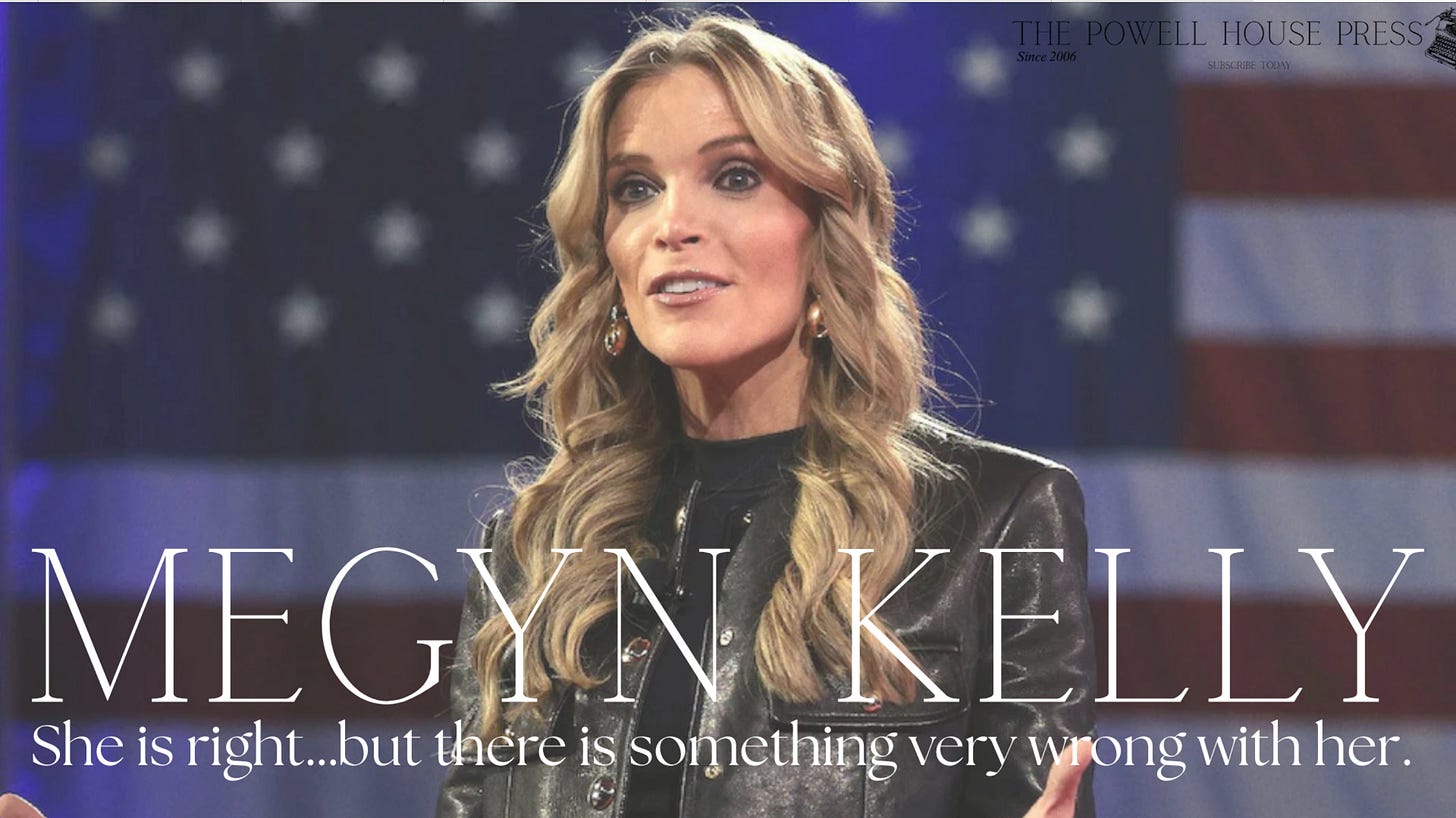The Megyn Kelly Gambit: How Parsing Pedophilia Became Peak MAGA
Another Piece of MAGA Fruit Falls from it’s Poison Tree
Megyn Kelly wants us to know she’s technically correct. And she is. Jeffrey Epstein, in the clinical sense, was not a pedophile. Pedophilia, for those keeping score with the DSM-5, denotes a psychiatric disorder characterized by recurrent, intense sexually arousing fantasies, urges, or behaviors involving prepubescent children—generally age 13 or younger. The clinical community has additional terms for those attracted to adolescents: hebephilia for attraction to pubescent children (roughly ages 11-14), and ephebophilia for attraction to mid-to-late adolescents (ages 15-19).
The girls Epstein trafficked had reached sexual maturity. Teenagers. Not toddlers. So yes, if we’re playing definitional Jenga, Kelly’s got her blocks in order.
One can almost hear the self-satisfied click of her rhetorical trap snapping shut.
But here’s what our erstwhile NBC darling-turned-podcast provocateur fails to grasp in her rush to épater les liberals: No one cares about the semantic distinction. This isn’t a…



